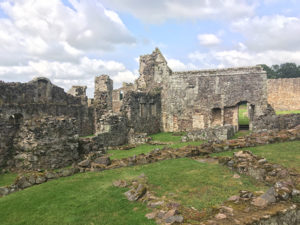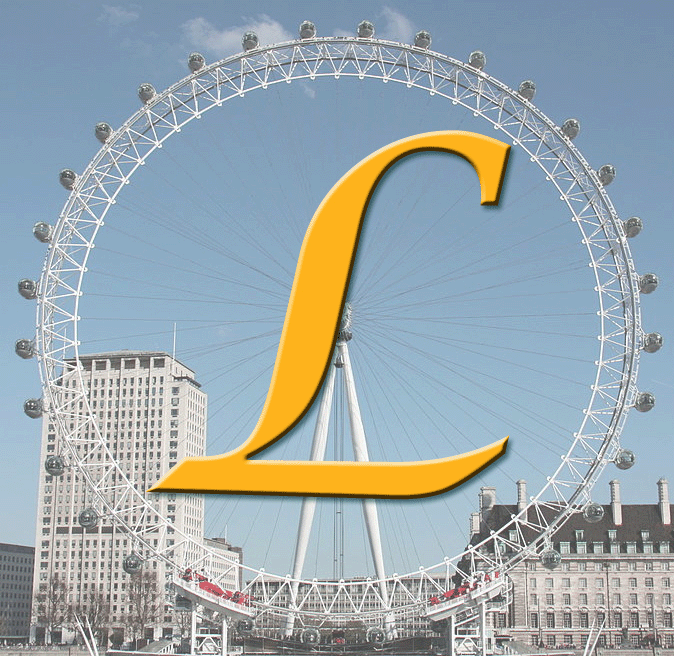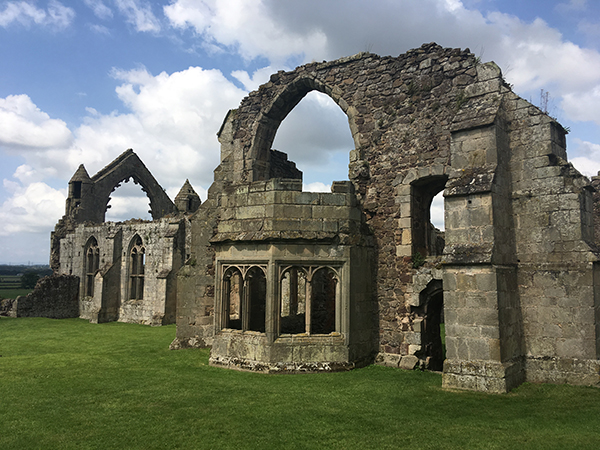Today, it is only me, sheep and cows at Haughmond Abbey. However, in Medieval times this was a flourishing house of Augustian monks. It started life as a small religious community in the thick forests between the Upper Severn and the Roden rivers.
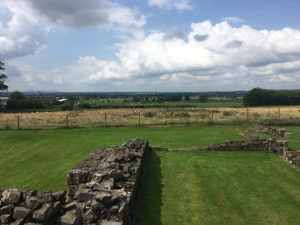
From the early 12th century it was under the patronage of wealthy local families, including a Norman nobleman William Fitzalan, who later became Earl of Arundel. The abbey enjoyed the good life of a medieval monastery until Henry VIII’s dissolution in 1539.
The monastic buildings were arranged around a cloister (a covered walk). The elaborately carved arches are all that remains of it.
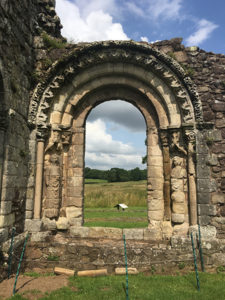
Built around 1180, the refectory (dining hall) was on two levels, with the upper one used for eating in, and the lower one for storage.
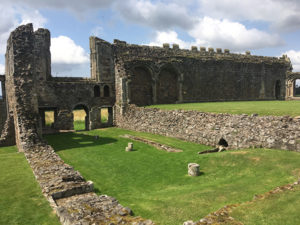
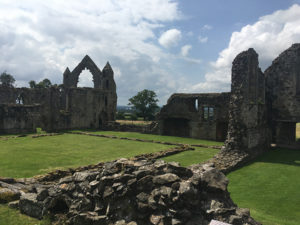
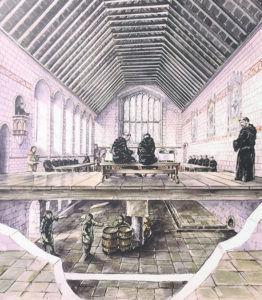
The chapter house was where the monks met in the morning and listened to a reading of a chapter from the rule book of the monastery. The font comes from the destroyed church.
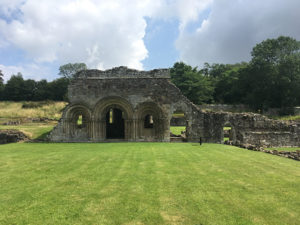
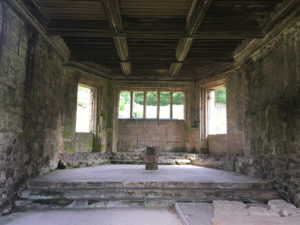
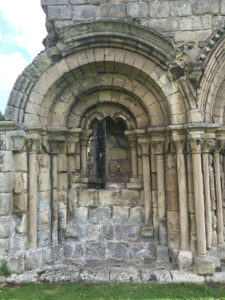
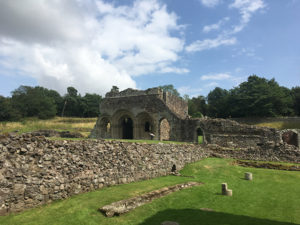
In the 14th century the Abbot moved into new comfortable lodgings, which included a big hall to entertain himself and important guests in.
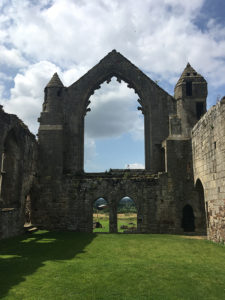
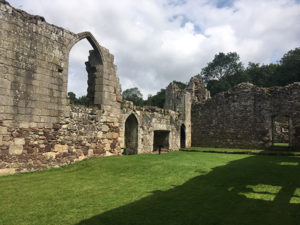
The church is likely to be destroyed at the time, but the rest of the complex passed into the ownership of the Barker family, who turned it into a mansion.
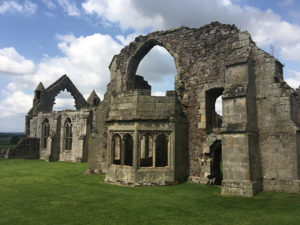
This was destroyed during the Civil Was in the 17th century. The remains were a farm, later becoming a park of a picturesque landscaped park. It is now looked after by English Heritage, — free to visit (free car park, but no toilets!)
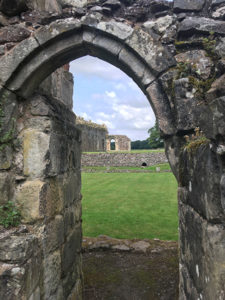
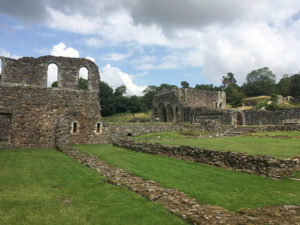
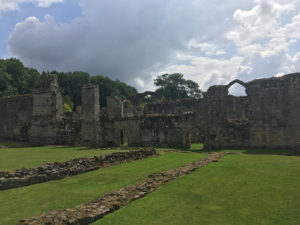
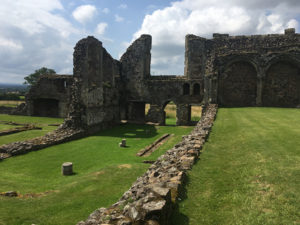
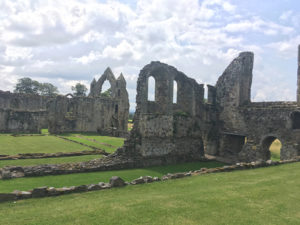
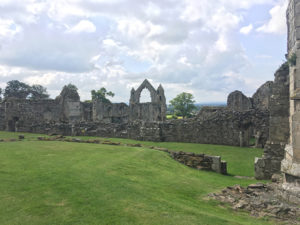
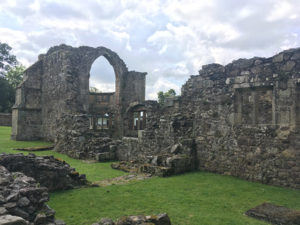
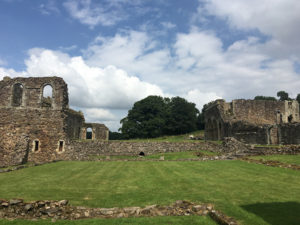
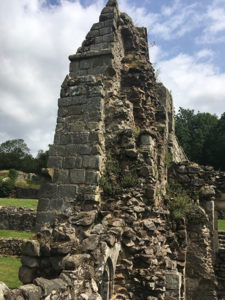
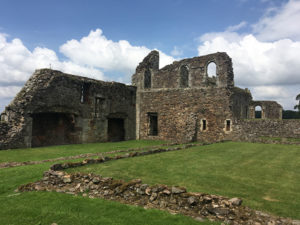
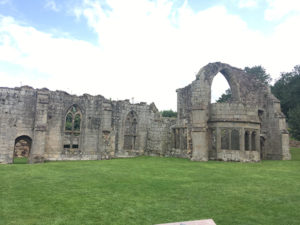
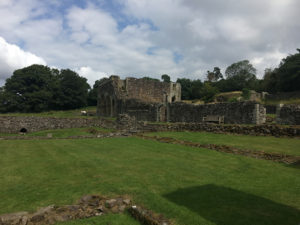
Sources –
https://www.english-heritage.org.uk/visit/places/haughmond-abbey/
https://www.shropshiretourism.co.uk/abbeys-priories-and-churches/haughmond-abbey.html
